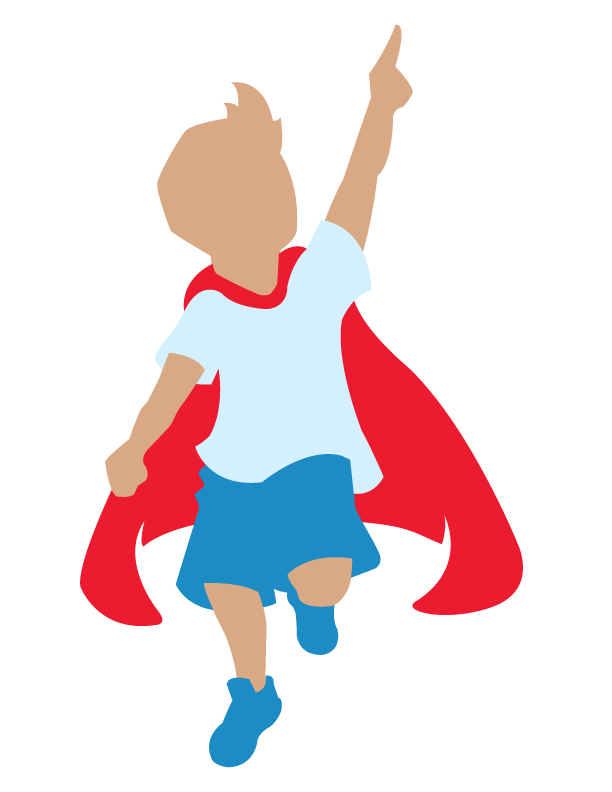Don't ask kids what they want to be when they grow up
Don't ask kids, "what do you want to be when you grow up?"
In an article for CNBC, Adam Grant discourages people from asking children, "what do you want to be when you grow up?" And he has a pretty good point.
Sorry in advance if I'm about to ruin your go-to ice breaker when you meet new children. But hand around for the end, and I'll suggest some alternatives.
That question has some pretty problematic components. Like for example:
Grow Up—When is that? Is that a specific moment in time? Is there a moment when a person feels grown up (asking, cause I'd like to know when to expect it myself!)
Be—This question is about a job, but the word "be" is about identity. A job is not something that you are, it is something that you do.
Want—Some people do what they want in exchange for money and call it a job. But most of us do something that we would not want to do without the wage.
Not to be a pedant, but there are three specific reasons why this question is suboptimal.
It perpetuates our cultural conflation of career and identity.
We do this a lot in western society. So in case you need the reminder: you are not your job. A job is something you do. A person—that's what you are—a human being, not a human-doing.
And in the same way that those are easy things for you and I to forget, questioning small children in a way that conflates career and identity can lay and early foundation for them to struggle with that same thing. Let's not do that. Let's lay a different foundation for the next generation, shall we?
It discourages exploration.
Part of being a kid, especially in adolescence, is exploring your interests in search of something (or several somethings) that you'd like to do in exchange for money. That exploration requires that kids have the freedom to run down some dead ends, to be bad at some things and lose interest in others. That behavior is right and good. It is the nature of youth. But, questions demand an answer. And if adults have been asking you since you were tiny what one solitary thing you want to become when you reach the great mythical grown-up beyond, wouldn't you feel a little stifled to spend your twenties trying to figure it out?
It pretends that seasons do not exist.
Callings have seasons. This is something that I'm still learning. There was a season during which I believed that I was going to be an actor. And I was one. It was a very productive and growth-producing season, but it came to an end. There was another season during which I believed that I would be a salesman. Again, that season was interesting and full of new friends and experiences and learning. But it also came to an end. Today I work in foster care. That activity makes great use of the skills and experiences that I have accumulated so far, but there may come a time when I choose to deploy those things to different effect. Who knows? Not me, that's for sure.
But nobody asks: how many seasons do you think there will be in your professional life and what sort of work do you think they will each contain? For good reason, that would be silly. No adult, much less child, could do more than guess at that answer. And yet we ask an even more restrictive question, one that assumes that there will be just one season and not many. Let's not.
Instead of asking kids what they want to be when they grow up, how about we ask these questions instead.
Who are your heroes?—Prime a child's natural instinct to mimic. Encourage kids to find role models, heroes, and mentors. Ask kids who they look up to and why. And point out the people that you admire and the traits that make them exceptional.
What do you like learning about?—Give that curiosity a nudge. Point out how much joy you see on their face when they do an activity that they enjoy. Brainstorm together ways that they can explore that interest more deeply.
How do you like to help people?—Kids in our world often imagine themselves as the helped, not the helper. Challenge that by expecting kids to be a help not a burden or a bother.
Maybe with these three questions instead, we'll prime the curiosity in our kids and prepare them for a lifetime of flexibility.
h/t: Annie Duke and her newsletter, for drawing my attention to this great piece by Adam Grant.

